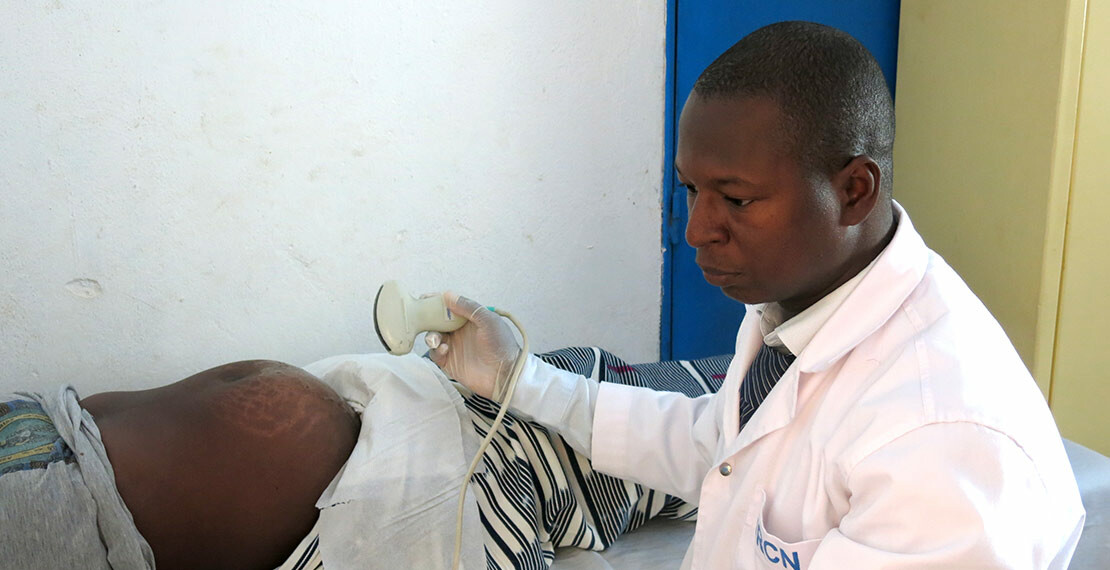Malaria risk during the first year of life impacted by prenatal exposure

Despite the large-scale implementation of intermittent preventive treatment to avoid malaria during pregnancy, a great number of babies in endemic countries are born to mothers with placental infection by Plasmodium falciparum, or placental malaria. Exposure to malaria during pregnancy seems to increase the risk of developing the disease in the first years of life, although why this happens is not yet fully understood.
In this study, the research team evaluated whether prenatal exposure to malaria could lead to changes in the so-called innate immune response, which represents the new-borns’ first line of defence against malaria. To do so, the researchers determined the type of prenatal exposure to malaria in a cohort of over 300 mothers and their babies who had participated in a clinical trial in Burkina Faso. Using cord blood, they assessed the production of mediators of the immune system to measure immune responses at birth and determine how their levels could predict malaria risk during the first year of life. Inflammatory mediators, like cytokines and chemokines, are proteins that regulate the response to infection and could lead to the development of malaria symptoms such as fever.
The researchers found that cord blood cells from babies exposed to malaria, when stimulated, produced more cytokines and chemokines as compared to cells from unexposed babies. High production of pro-inflammatory cytokines occurred mainly in infants born to mothers with past placental malaria, indicating the profound effect that malaria infections early in pregnancy can have on how an infant’s immune system responds to infection.
“This study is the first to demonstrate how different types of prenatal malaria exposure can increase a baby’s malaria risk by affecting its innate immune responses. It emphasises the gravity of malaria infections early in pregnancy and thus, the need to improve preventive strategies to detect and treat these infections as early as possible,” said Prof. Anna Rosanas-Urgell from ITM. Rosanas-Urgell co-directed the study with Carlota Dobaño from ISGlobal in Spain.
Magloire Natama is the paper’s first author, which is part of his PhD project at ITM in Antwerp, Belgium, and CRUN in Nanoro, Burkina Faso. "Our findings emphasise how important it is to motivate women living in endemic settings to seek prenatal care, for their own health and that of their children," said Natama.
Spread the word! Share this story on









